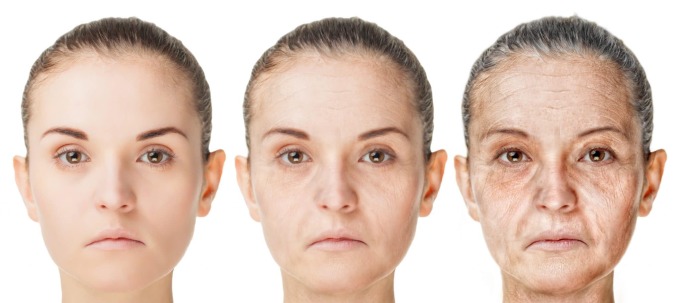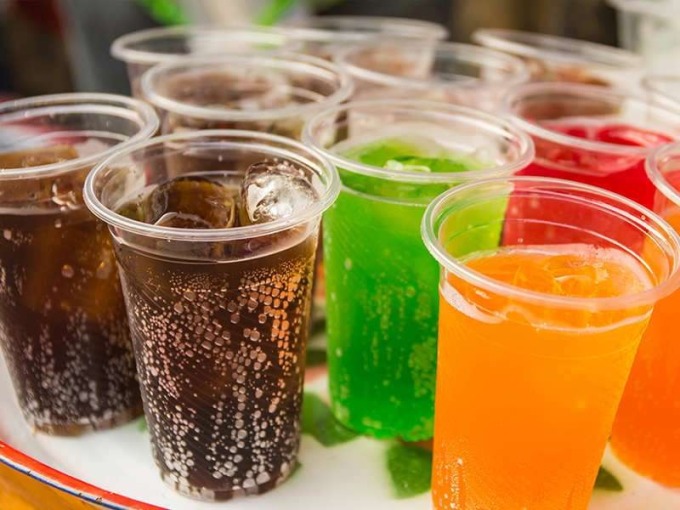
Collagen breakdown is one of the primary causes of skin sagging and wrinkle formation.
1. Fried Foods
While fried foods are tempting, they are rich in advanced glycation end products (AGEs), free radicals, and trans fats. These can damage collagen structures, causing a loss of skin elasticity and radiance. Free radicals also accelerate collagen degradation, undermining the effectiveness of collagen supplementation.
2. Sugary Treats
The purpose of collagen supplementation is to delay the aging process, but excessive consumption of sugary foods diminishes its benefits. Sugar-rich foods promote the production of AGEs, accelerating aging and causing chronic inflammation. When taking collagen supplements, it’s best to avoid sugary treats and opt for low-glycemic foods like cherry tomatoes, guava, vegetables, whole grains, and lean proteins.

A diet high in sugary treats increases glycation reactions in the body, speeding up the aging process.
3. Oxalate-Rich Foods
Oxalates are found in healthy foods like leafy greens, chocolate, beets, and soy. While these foods are nutrient-dense, excessive consumption can hinder the absorption of minerals like calcium and magnesium, which are crucial for collagen synthesis. Therefore, it’s best to avoid consuming oxalate-rich foods simultaneously or immediately after taking collagen supplements.
4. Carbonated Drinks
Carbonated drinks are typically high in sugar, and when combined with collagen, they form the end products of glycation reactions, causing collagen to lose elasticity and become more susceptible to degradation. Additionally, the phosphoric acid in these drinks can interfere with calcium absorption, hindering collagen production. It’s best to limit these beverages and avoid consuming them with or immediately after taking collagen.

Most carbonated drinks contain high levels of sugar.
5. Caffeine
Moderate caffeine intake will not affect collagen absorption. However, excessive caffeine can increase cortisol levels, hindering the absorption of certain nutrients and inhibiting collagen production, which negatively impacts skin health.
6. Alcohol
Consuming excessive alcoholic beverages burdens the liver, weakening its detoxification function. This leads to an increase in free radicals, which destroy collagen structures and accelerate aging. Alcohol also causes dehydration, while collagen synthesis requires adequate hydration.






































